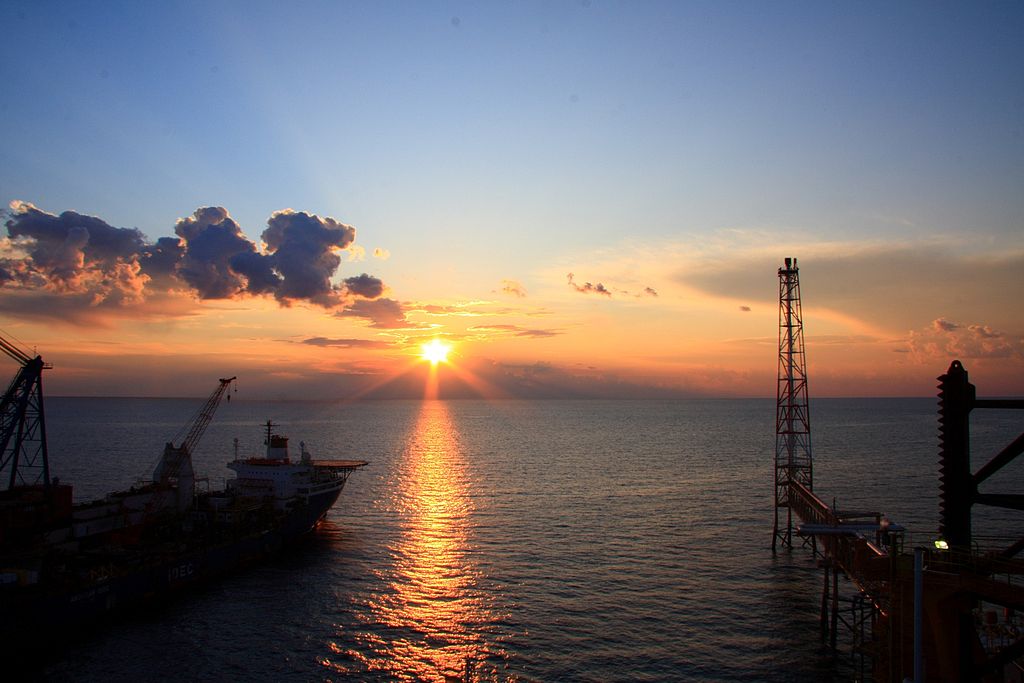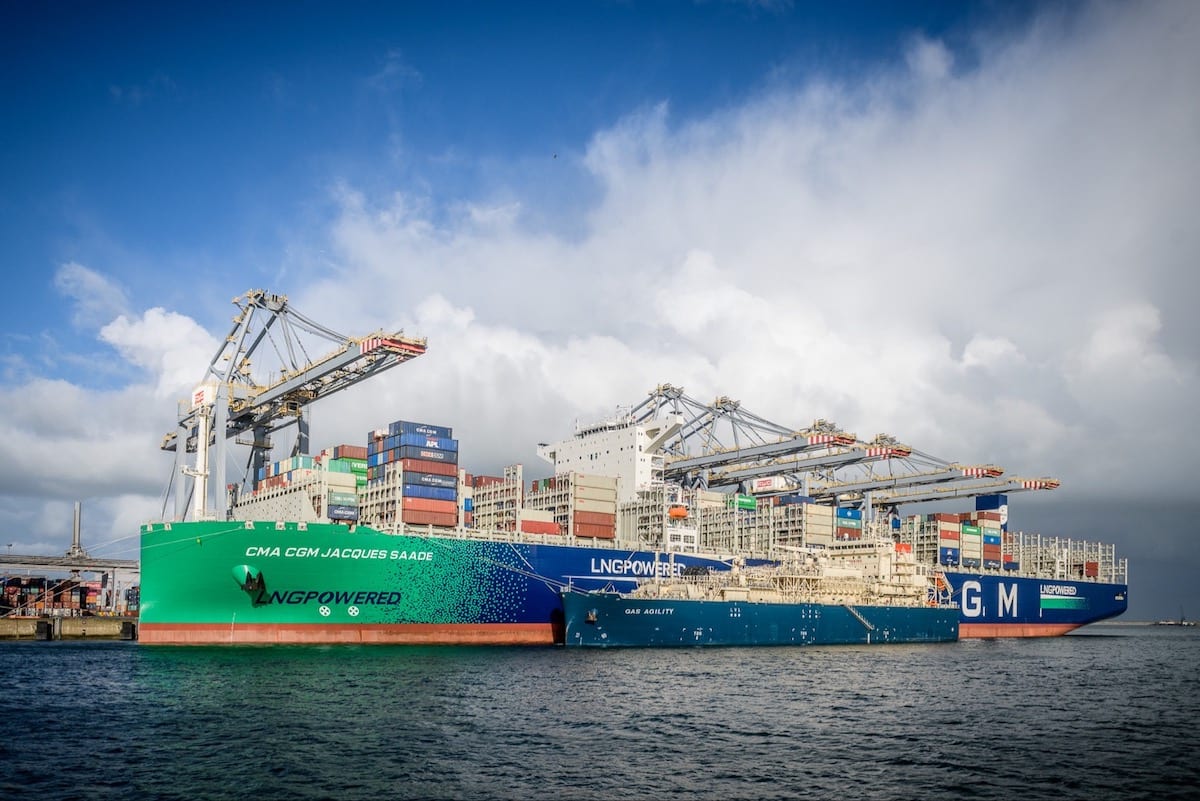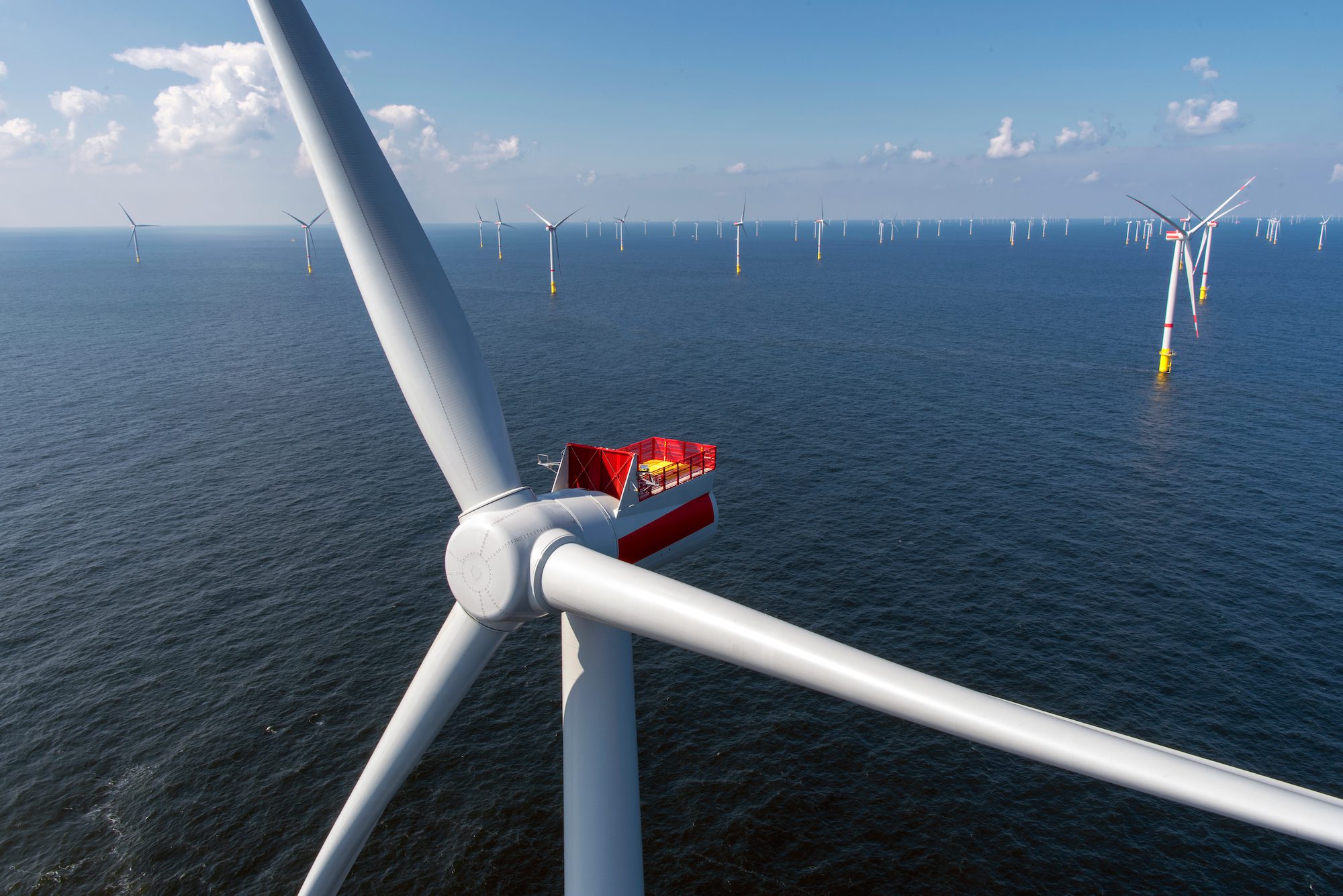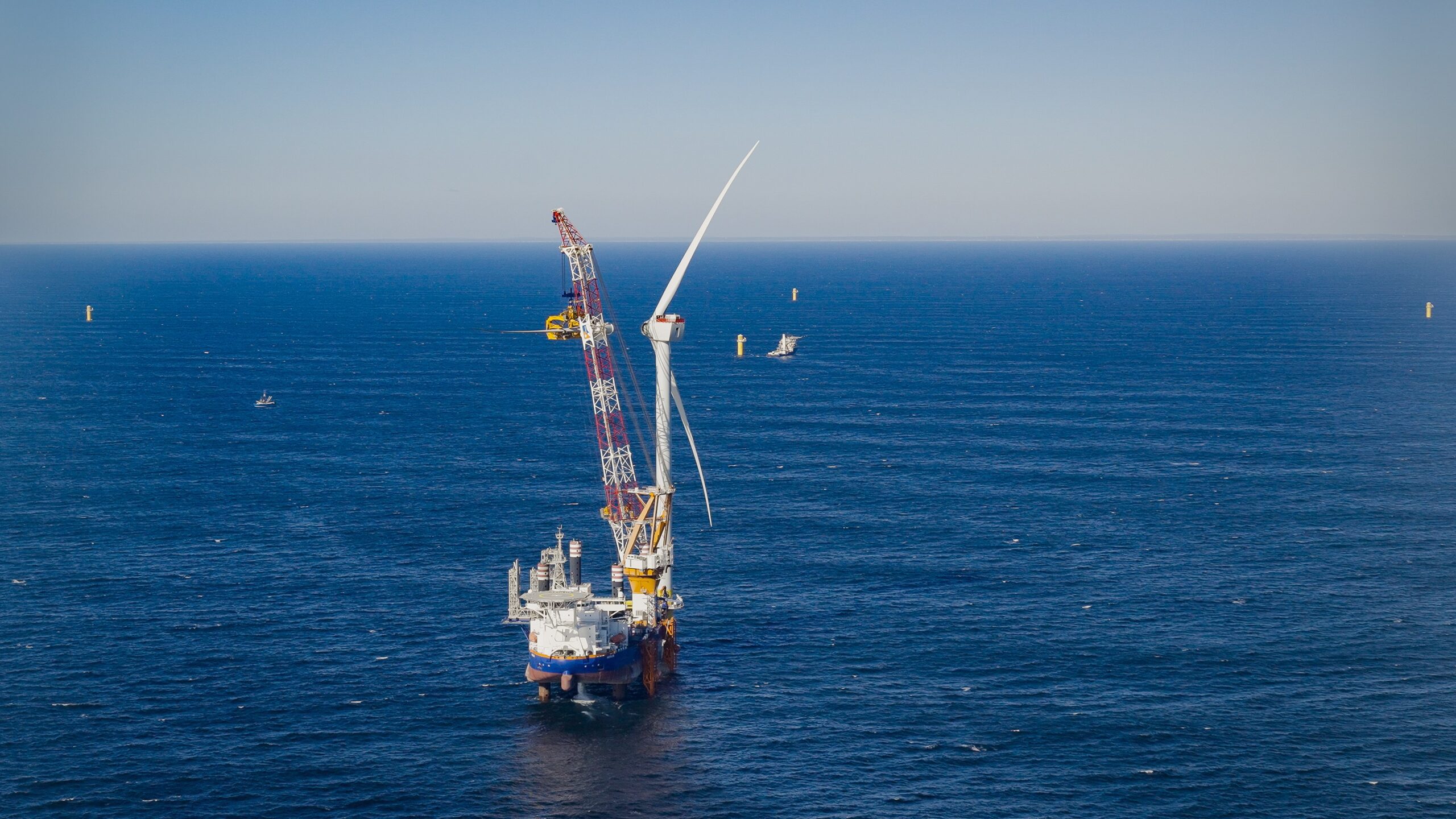Located in the Persian Gulf, the South Pars field is the world’s largest gas field shared by Iran and Qatar.
By Golnar Motevalli, Hashem Kalantari and Javier Blas
(Bloomberg) — Iran signed a $4.8 billion natural gas development project with energy giants Total SA and China National Petroleum Corp., marking the first joint venture with international partners since sanctions on the Persian Gulf nation were eased in January.
Paris-based Total will control 50.1 percent in the project, with CNPC taking 30 percent and Iran’s Petropars the rest. The deal, for the 11th phase of the offshore South Pars gas field, is still preliminary, with both sides signing a “heads of agreement,” according to Gholam-Reza Manouchehri, deputy director of National Iranian Oil Co.
Total put the cost of the first phase of the project at $2 billion, with Total’s share at $1 billion, Chief Executive Officer Patrick Pouyanne said on a call on Tuesday.
“It’s definitely in the interests of the country and now the partners to finalize the contract production, said at a signing ceremony in Tehran Tuesday.
Iran has the world’s biggest natural gas reserves, estimated by BP Plc at 1,201.4 trillion cubic feet (34 trillion cubic meters). The offshore South Pars gas field is Iran’s part of the world’s biggest deposit, also shared with Qatar. Iran is seeking to revive an energy industry crippled by international sanctions.
The agreement signals Iran is trying to fast-track projects to boost oil and gas production amid low prices, analysts said.
’Very Quickly’
“Iran wants to go very quickly and they are looking to sign agreements as soon as possible,” said Homayoun Falakshahi, a specialist on the Iranian oil industry at consultant Wood Mackenzie Ltd. in London. The project is the first signed with an international oil company since Iran developed new oil contracts to attract foreign investment. Tehran earlier signed an agreement with a domestic company, Persia Oil & Gas Co., using the new contracts.
Alastair Syme, an oil analyst at Citigroup Inc. in London, described the South Pars deal as “attractive,” estimating it would deliver returns of 19 percent for Total. In Iran’s previous buyback deals, which foreign groups disliked and which were used in the late 1990s and early 2000s, companies often achieved single-digit returns.
Still, companies are likely to be wary about investing in Iran too quickly, or too much. “While the project terms look attractive, the political history clearly warrants limiting exposure,” Syme said.
Total was working on developing the South Pars gas project until sanctions designed to halt the nation’s nuclear program forced the company to pull out in 2009. “I thank Total for returning,” Iran’s Oil Minister Bijan Namdar Zanganeh said.
Election Surprise
“The timing of this transaction has surprised us?, coming as it does on U.S. election day,” Jon Rigby, an oil analyst at UBS Group AG in London, said in a note. “Our working assumption has been that no deals would be signed with Iran until visibility on who the new U.S. president was.”
The South Pars phase 11’s projected production capacity is 569 billion cubic meters, Manouchehri said. Daily production is estimated at 2 billion cubic feet a day, and was originally intended to supply gas to Iran for liquefied natural gas, according to the website of Pars Oil & Gas Co.
© 2016 Bloomberg L.P
Unlock Exclusive Insights Today!
Join the gCaptain Club for curated content, insider opinions, and vibrant community discussions.

 Join The Club
Join The Club













